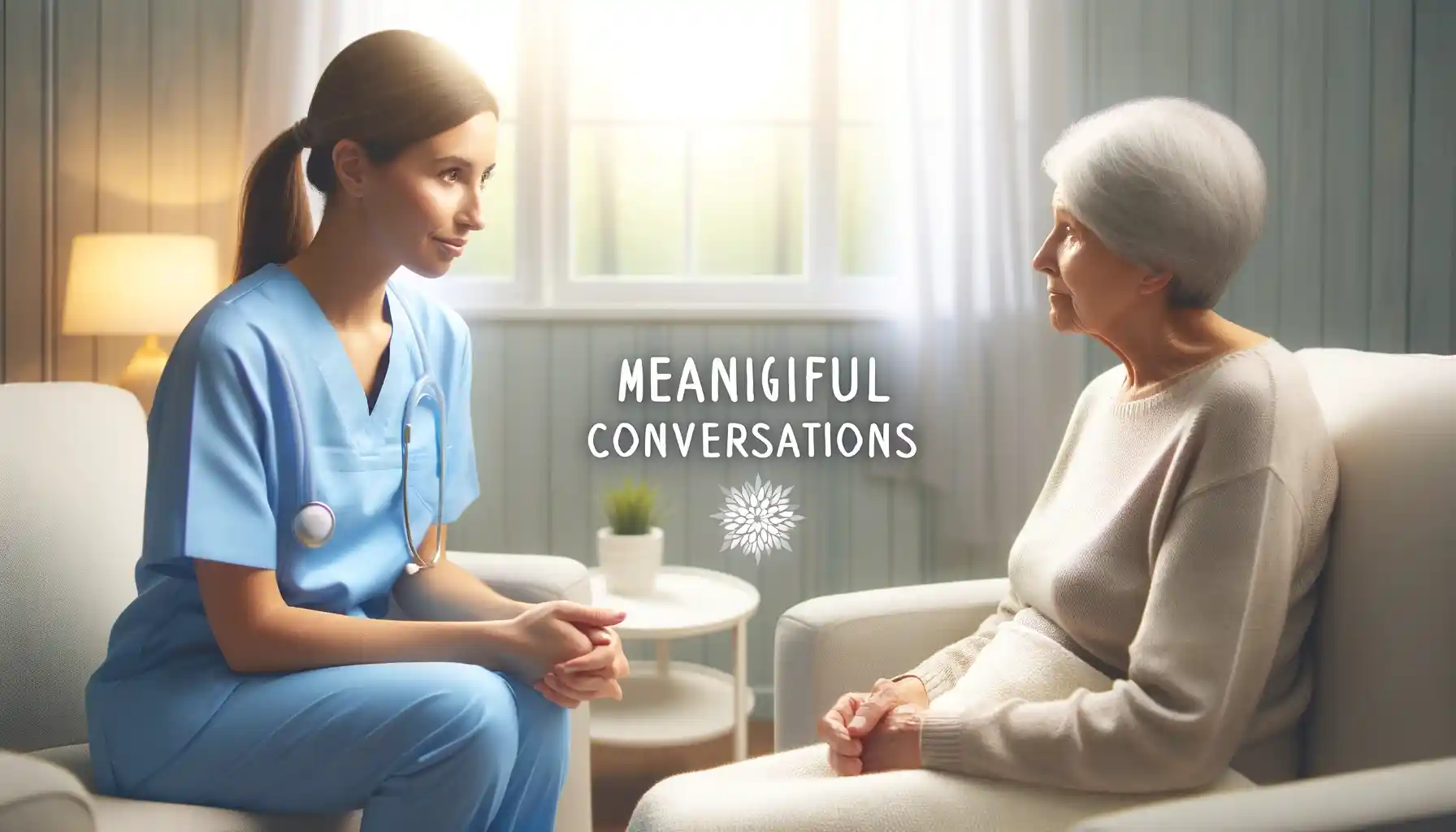Hospice Active Dying Care Training: Principles and Practices
The Hospice Active Dying Care Training provides an in-depth exploration of the process of dying. It includes everything from recognizing signs of active dying to offering support after death. This course is designed to offer a thorough comprehension for those starting their journey in hospice care, as well as those at an intermediate level within the profession.
Skills You’ll Learn
- Identifying Active Dying Signs: You’ll learn to recognize the critical signs and symptoms indicating a patient is actively dying.
- Creating Comprehensive Care Plans: Master developing tailored care plans for patients in their final days, ensuring comfort and dignity.
- Effective Symptom Management: Gain expertise in managing distressing symptoms of active dying, from agitation to restlessness.
- Supporting Families and Care Teams: Acquire essential techniques to support families and care teams during and after the dying process.
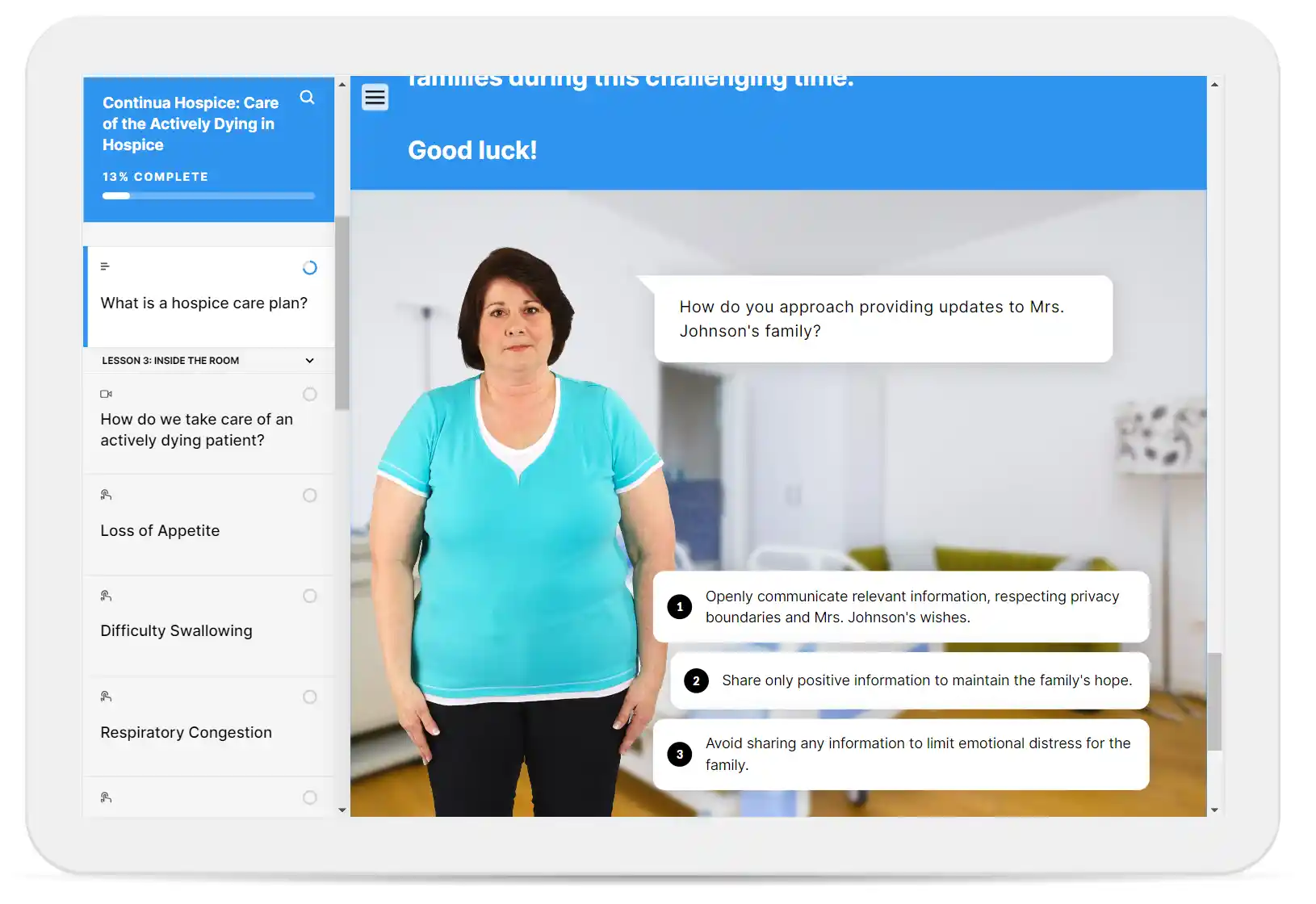
Course Features and Outcomes
This online Hospice Active Dying Care Training course is built using Continua Learning action and skill-focused training:
- Action-Oriented Learning: Instead of just absorbing information, your staff will practice actions directly contributing to your agency’s success.
- Enhanced Hospice Compliance: With real-world scenarios, staff are better prepared for audits, ensuring your agency exceeds compliance standards.
- Engaging & Interactive: Gone are the monotonous click-next formats. Our courses are created with interactive elements that engage and reinforce learning.
- Patient Satisfaction: Real-world action-focused training leads to more competent care, directly impacting patient satisfaction and your agency’s reputation.
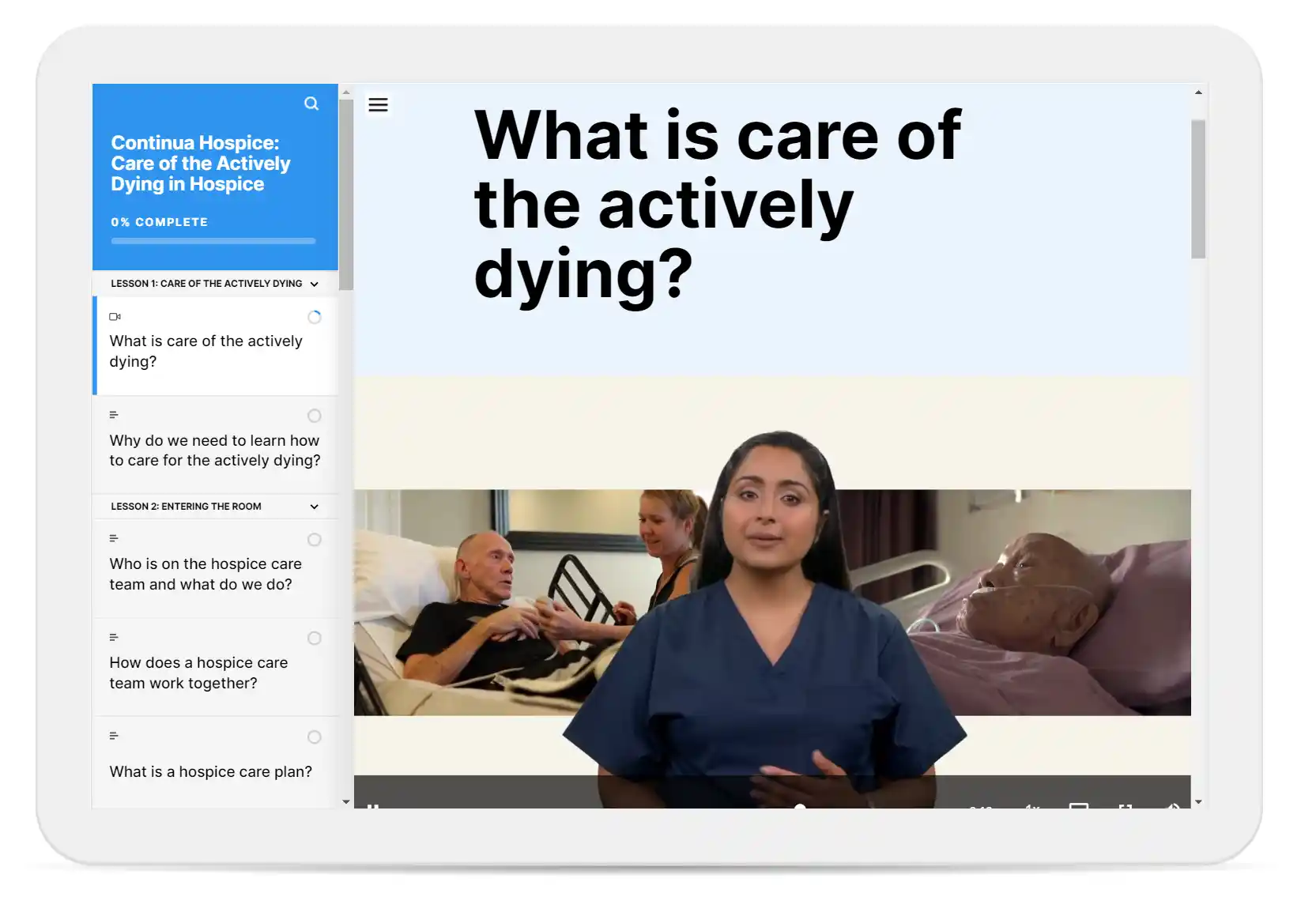
Hospice Active Dying Care Training Course Description
What is Hospice Care?
In this section, we explore the essence of hospice care, focusing on patient and family-centered approaches for those nearing the end of life. Understand the role of compassion in managing terminal illness and providing the best possible care.
The Dying Process and Active Dying
Learn about the stages of the dying process, focusing on signs indicating imminent death. This process includes understanding the physical and emotional changes, like Cheyne-Stokes respiration or hallucinations, and how to interpret these signs in a caregiving context.
Symptom Management
Delve into effective strategies for alleviating common symptoms associated with active dying, such as restlessness, agitation, and distress. We cover practical tips and medical insights, ensuring you can offer care and comfort in these challenging times.
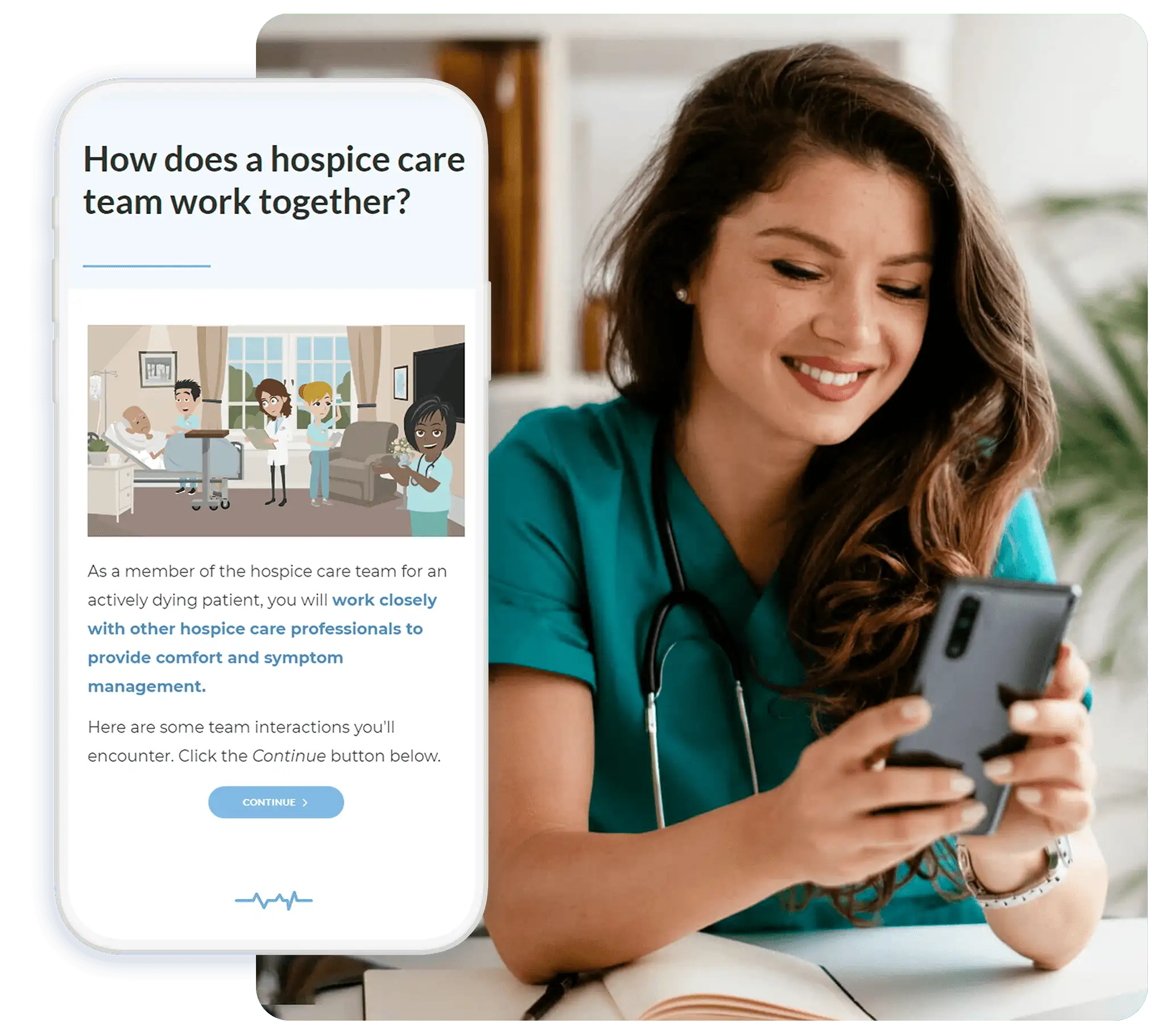
CONTINUA LEARNING
Simplify Your Hospice Team’s Training and Skill Building
A complete online solution for your agency: more than 125 hospice courses, caregiver in-services, training plans, and more.
Creating a Care Plan
We guide you through designing personalized care plans for dying patients, considering their spiritual, emotional, and physical needs. These plans include collaborating with hospice professionals and understanding the nuances of palliative care.
Supporting the Family and Care Team
Learn the importance of providing support to family members and friends during and after their loved one’s death. This includes handling emotional and spiritual needs, offering reassurance, and acknowledging their journey.
Post-Death Care
Gain insights into the best practices for post-death care, including supporting the care team and dealing with the patient’s family. Understand the importance of acknowledging the patient’s death and providing ongoing support.
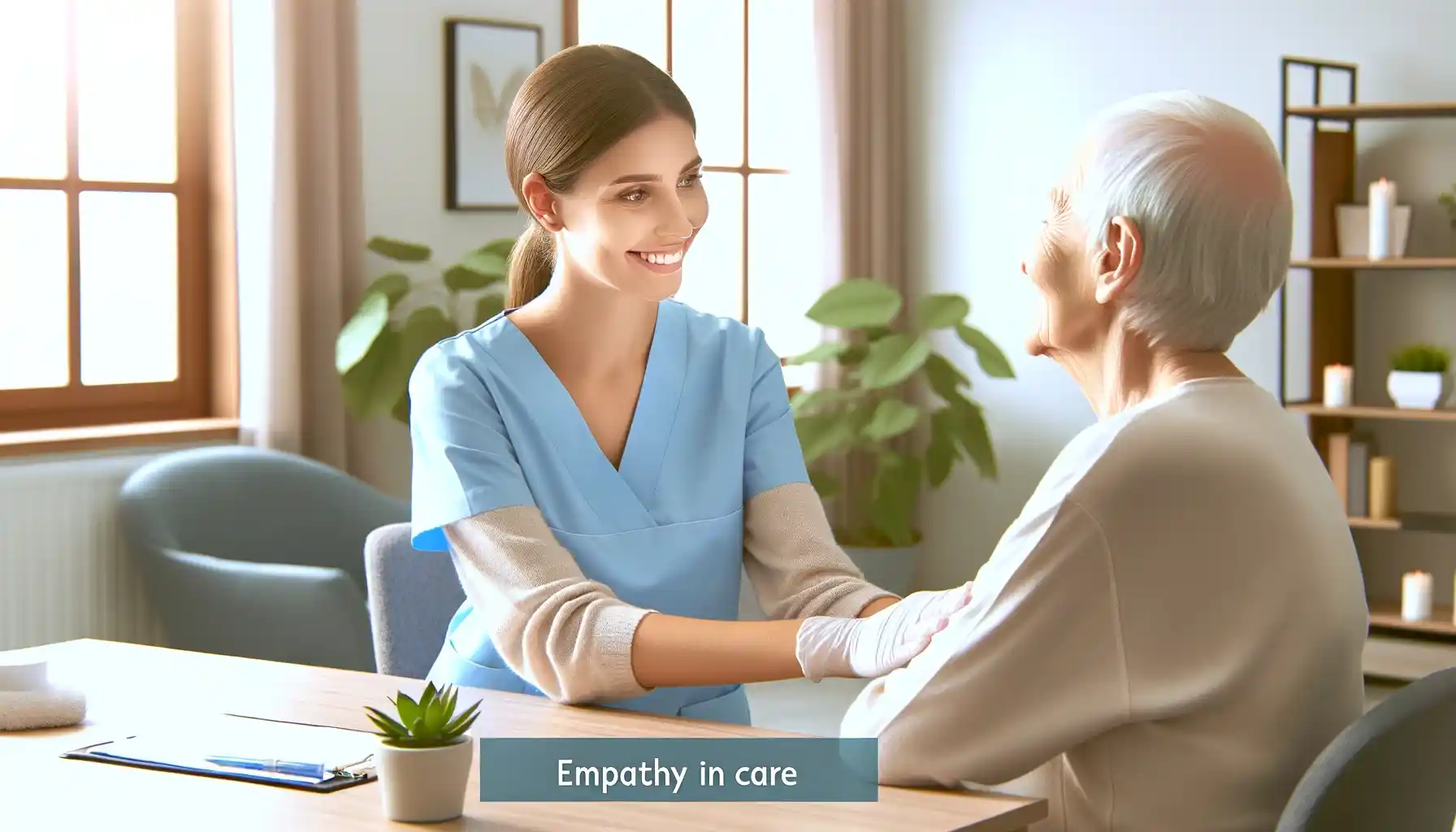
How to Get Started with Hospice Active Dying Care Training
The Hospice Active Dying Care Training course is tailored for healthcare professionals, including nurses, social workers, hospice aides, and caregivers, seeking to enhance their skills in caring for actively dying hospice patients.
How to Start Training
Hospice Active Dying Care Training is part of a yearly subscription to Continua Learning. Continua Learning delivers over 200 hospice training courses and aide in-services in a mobile solution for easy compliance and tracking it all from one place. Contact us to set up a demo for your agency today! Elevate your expertise. Enhance patient satisfaction.
Hospice Active Dying Care Training Continuing Education
Hospice Active Dying Care Training offers 1 Contact Hour for Nursing, Certified Nursing Assistants, Home Health, and Hospice Aides. Continua Learning is an approved provider of CEUs from the following boards:
- Florida Board of Nursing
- Florida Board Of Occupational Therapy
- Florida Board Of Speech – Language Pathology And Audiology
- Florida Board Of Nursing – Certified Nursing Assistants
Course Reviewer
Kathleen Webster, BSN, RN, CRRN, brings nearly four decades of nursing experience to her role. Earning her BSN in 1984 and CRRN in 2012, she began her career in acute rehabilitation and later specialized in hospice and home health care for over 25 years.
A seasoned educator, Kathleen has authored numerous eLearning courses and led in-service training programs. As a former community care program director, she trained in-home aides and is committed to inspiring quality care and compassion in hospice and home care.
FAQ
Can Family Members and Friends Be Involved in the Dying Process?
Absolutely. Involving family members and friends is particularly important for providing emotional support and comfort to the patient. We encourage including loved ones in the care plan and offer guidance on how they can participate meaningfully.
What Training is Provided for Managing Symptoms Like Agitation or Distress in Dying Patients?
The course covers strategies for managing distressing symptoms, including agitation and restlessness. This includes both non-medical comfort measures and the use of medications like anticholinergic drugs when appropriate.
How Will This Course Enhance My Skills in Managing Restlessness and Agitation in Actively Dying Patients?
This course offers in-depth training on identifying and managing restlessness and agitation, common in the terminal phase. You’ll learn both pharmacological and non-pharmacological approaches, enabling you to provide the best possible care.
Does the Course Cover Techniques for Effective Communication with Families During the Dying Process?
Yes, the course includes modules on communication strategies with families, focusing on providing reassurance and support during the imminent death of a loved one. It addresses both the emotional and practical aspects of communication.
What Practical Skills Will I Gain for Creating Personalized Care Plans for Dying Patients?
You’ll learn to develop comprehensive care plans tailored to individual patient needs, encompassing physical, emotional, and spiritual support. This includes collaboration with other hospice professionals and integrating family wishes.
Can this course help me understand the nuances of spiritual needs in palliative care?
Absolutely. The course delves into recognizing and addressing the spiritual needs of patients and families, providing insights on how to incorporate these aspects into comprehensive end-of-life care.
How Does the Course Prepare Me for Post-Death Care and Support for the Care Team?
The course includes modules on post-death protocols, focusing on supporting the patient’s family and the care team. It covers aspects like debriefing, coping strategies, and maintaining professional well-being.
Will I Learn About Advanced Symptom Management Techniques for Patients Nearing the End of Life?
Yes, the course provides advanced training in symptom management, including using specific medications and comfort measures for patients in their final days and hours.
Is There a Module on Interdisciplinary Collaboration Within the Care Team?
The course emphasizes the importance of interdisciplinary collaboration, offering strategies for effective teamwork among care professionals. This ensures comprehensive care for patients at the end of life.

